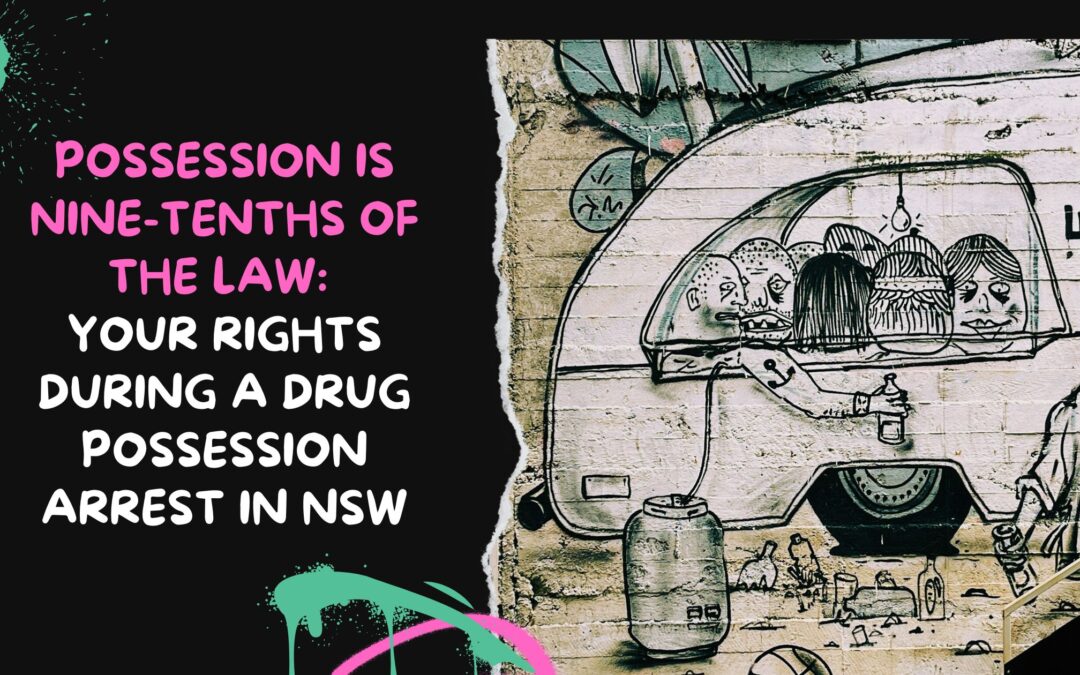Criminal Prosecution for Corporate Crime in Australia
Australia’s statutory landscape for criminal prosecution of corporate crime is a mess – and it’s not just us saying that.
A recent report by the Australian Law Reform Commission (ALRC) highlights the many pitfalls of criminal prosecution under the Corporations Act 2001 (Cth). The report makes clear that there are too many provisions under the Act that can result in criminal prosecution, and that these provisions contain inconsistent methods for determining criminal liability. Unsurprisingly, this messy legislative landscape leaves many questioning what behaviour could land them behind bars.
But when it comes to criminal punishment, the law should be clear. Parameters and limits should be put in place, and high standards of proof should be met before sentencing anyone to jail. Our concern is that this mismash of laws under the Corporations Act do not live up to these long-standing requirements for criminal prosecution. We’re hopeful that some much-needed reform will take place, but until then, here’s what you need to know about criminal prosecution under the Corporations Act.
Which offences are criminal offences?
We would love to be able to give you clarity here and provide you with a list of offences that are indictable under the Act. But not only would that make for dull reading, it would likely confuse you, because under the Corporations Act there are no principled and clear limits as to which type of corporate misconduct is deemed criminal. Some provisions result in civil and/or criminal penalties for essentially the same misconduct. Other provisions require an additional element of dishonesty to elevate the misconduct from a civil penalty offence to a criminal offence. Of particular concern is that in many provisions, criminal prosecution prohibits low-level misconduct rather than being reserved for the most egregious types of misconduct.
However, common offences that face criminal prosecution include the following.
- Section 184 – breaches of director’s duties (to act with care, diligence and in good faith, and not to use this position or information for personal gain or to the detriment of the corporation).
- Section 588G – insolvent trading.
- Sections 1308B, 1308 and 1309 – contributing false or misleading information regarding share capital, financial products or trading information.
- Part 7.10 – market misconduct and other prohibited conduct relating to financial products and financial services (including insider trading and market manipulation).
What are the main issues with these provisions?
We have a number of concerns with this statutory regime.
The first is the type of conduct that can result in criminal prosecution. This can be low-level misconduct, or the same conduct that attracts a civil penalty. In our view criminal prosecution should only apply for the most egregious behaviour. Similarly, the ALRC has expressed that corporations should only be subject to criminal offences in limited circumstances (such as where criminal punishment would be in the public interest, or where the potential harm justifies a criminal offence).
The second issue we have is the application of strict liability offences. A well-established principle of criminal law is that a conviction requires the prosecution to prove two elements:
a). the commission of the offence; and
b). the requisite mental element (intention).
However, where an offence is a ‘strict liability offence’, this second element is not included. Accordingly, it becomes a lot easier to secure a conviction against somebody. Strict liability offences are common in regulatory frameworks, and in some cases, they can operate in an effective manner. In the case of criminal prosecution under the Corporations Act, however, they essentially lower the threshold of a criminal offence and increase a prosecutor’s success in securing a conviction.
Finally, where strict liability does not apply, we have concerns surrounding the methods of proving the mental element to criminal offences. The ALRC has pointed out that prosecutors’ employ multiple inconsistent methods to determine whether a corporation had the requisite state of mind for a criminal offence. And on that note, how on earth can you prove a corporation’s state of mind? A corporation does not have a mind of its own. It’s hardly a surprise to hear that prosecutions against corporations rarely lead to convictions and instead are perceived as part of a broader strategy to prosecute individuals who have engaged in misconduct.
How can Green & Associates help?
Despite the messy legislative landscape, our team is well-versed in helping clients navigate corporate liability. We can help:
- directors understand their obligations under the Corporations Act;
- creditors determine the best course of action; and
- business owners understand their legal requirements and protections.
Contact Green & Associates on +1 (02) 8080-7585 so we can help advise you of the best course of action.




